The Crises of Civilization: Exploring Global and Planetary Histories
The world created by the legacies of empire and colonialism now confronts some deep crises of civility, precipitated by globalization and climate change. In this volume, Dipesh Chakrabarty examines these distinct-but interrelated-issues side by side.
Varied ideas of civilization and humanism have shaped notions of a global humanity in the lingering twilight of the European empires. Detailing these ideas, in the section titled ‘Global Worlds’, Chakrabarty outlines the conflicts and connections that arise from global encounters in our postcolonial age. The second section, ‘The Planetary Human’, on the other hand, explores the significance of planetary climate change for humanistic and postcolonial thought. Chakrabarty argues that such change demands not only critiques of capitalism and inequality, but also new thinking about the human species as a whole—our patterns of justice, writing of history, and relationship with nature in the age of the Anthropocene.
The global is human-centric in construction; the planetary involves many other actors and thus includes the thorny question of how we go beyond the anthropocentric to discuss and conceptualize the agency of the non-human.
Contents: Preface. Introduction: Communing with Magpies. I. Global Worlds. 1. Belatedness as Possibility: The Subaltern Subject and the Problem of Repetition in World History. 2. Can Political Economy Be Postcolonial? A Note. 3. An Anti-colonial History of Postcolonial Thought: A Tribute to Greg Dening. 4. From Civilization to Globalization: The ‘West’ as a Shifting Signifier in Indian Modernity. 5. Friendships in the Shadow of Empire: Tagore’s Reception in Chicago, c.1913–32. 6. Romantic Archives: Literature and the Politics of Identity in Bengal. 7. Reading Fanon: What Use Is Utopian Thought?. II. The Planetary Human. 8. The Climate of History: Four Theses. 9. On Some Rifts in Contemporary Thinking on Climate Change. 10. Postcolonial Studies and the Challenge of Climate Change. 11. Interview: Dipesh Chakrabarty with Actuel Marx. 12. Interview: Dipesh Chakrabarty with Katrin Klingan. Select Bibliography of Published Works. Index.
Get it now and save 10%
BECOME A MEMBER

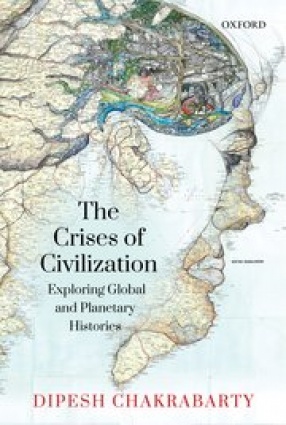

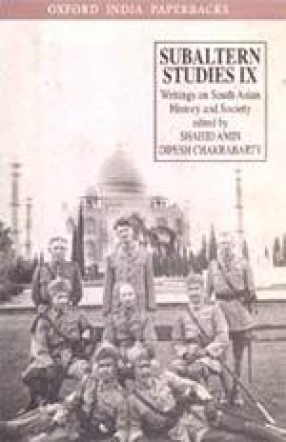
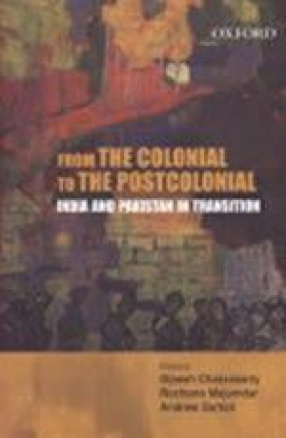
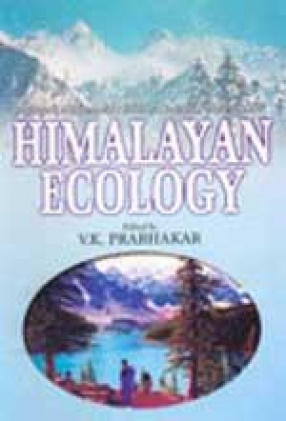
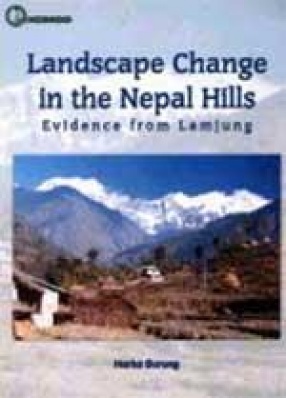

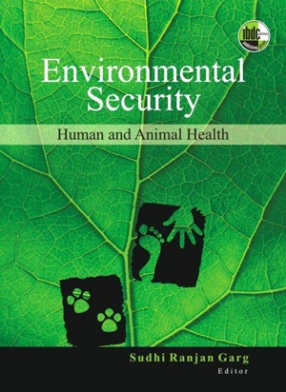

Bibliographic information